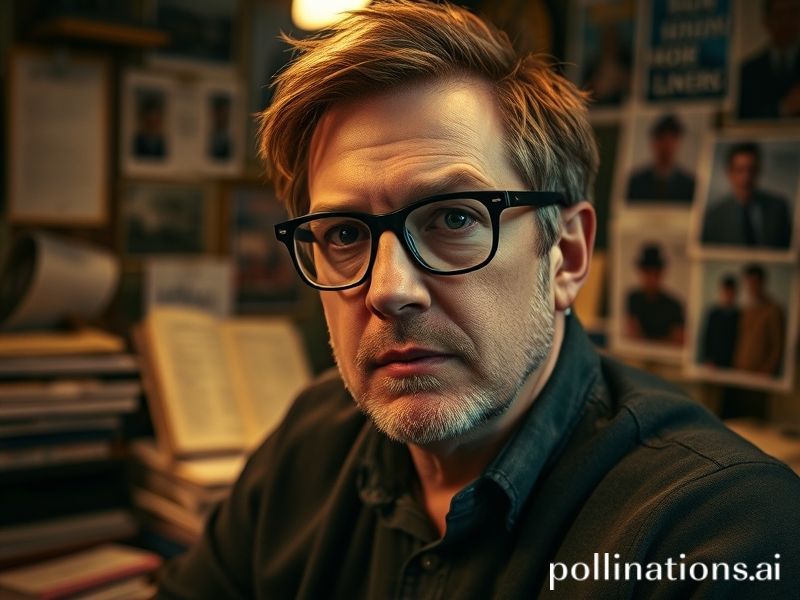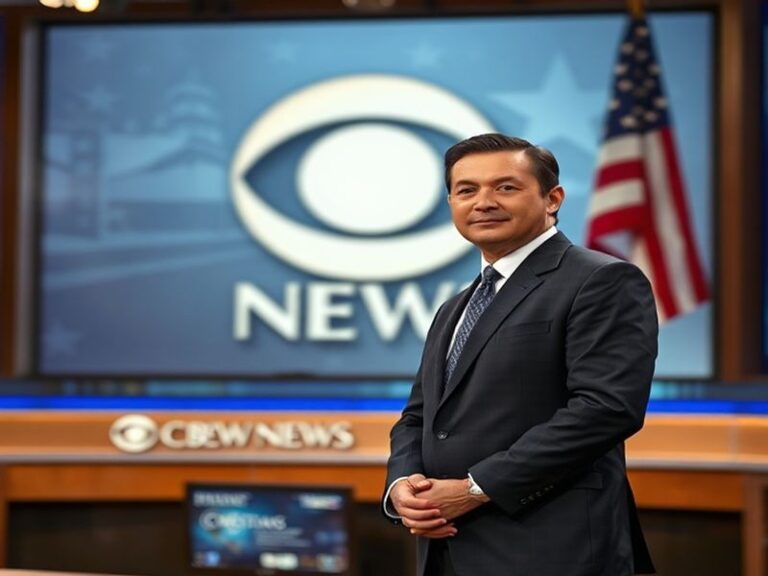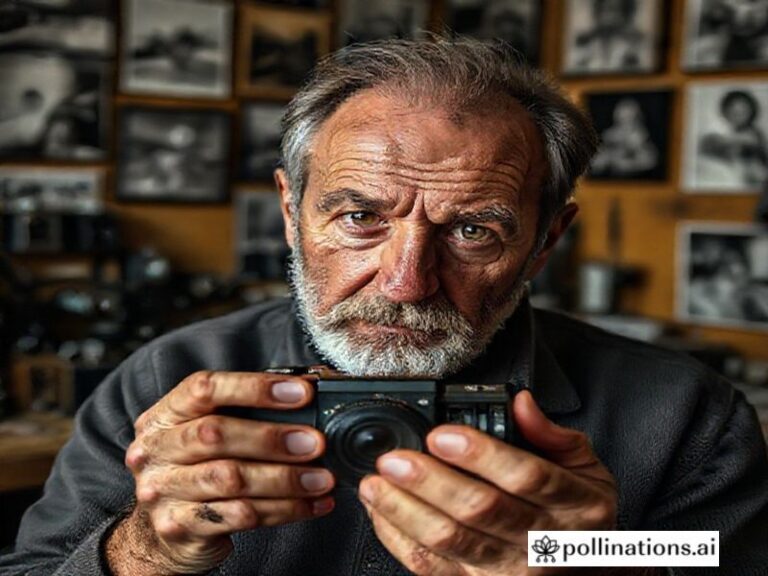Steven Knight: How a Birmingham Writer Conquered the World with Beautiful British Misery
In the grand carnival of global television, where Nordic noir meets K-drama and every nation now exports its own brand of brooding detectives, Steven Knight has quietly become Britain’s most reliable arms dealer—shipping melancholy, morally compromised protagonists to every corner of the earth. From the soot-choked streets of Birmingham to the neon-drenched alleyways of Tokyo, his creations have sparked international bidding wars, subtitle addictions, and an alarming uptick in flat-cap sales across former Soviet republics.
Knight, the Birmingham-born screenwriter who turned Peaky Blinders into a cultural contagion, represents something peculiarly British in our modern entertainment ecosystem: the ability to package industrial-strength cynicism as prestige television. While Hollywood continues its superhero arms race, Knight has weaponized tweed and testosterone, creating a universe where everyone speaks like they’re auditioning for Shakespeare while committing war crimes with impeccable diction. The French call it “très British,” the Germans have coined “Gewalt mit Manieren,” and in Seoul, they’ve simply labeled it “BBC crack.”
The global implications are staggering. In Argentina, cartels reportedly binge Peaky Blinders for business strategy tips (though presumably skipping the episodes about consequences). Russian oligarchs have been spotted at private screenings, presumably taking notes on proper villain aesthetics. Meanwhile, the Chinese adaptation—”Shanghai Shadows”—had to remove all references to communism, capitalism, and hats, leaving viewers with a 45-minute meditation on excellent tailoring.
Knight’s latest gambit, “SAS: Rogue Heroes,” has achieved the impossible: making the British military look simultaneously heroic and utterly deranged to international audiences. The show’s portrayal of Britain’s special forces has sparked diplomatic incidents—Jordan temporarily recalled their ambassador after a particularly enthusiastic depiction of 1940s Amman nightlife, while the French embassy issued a sternly worded complaint about historical accuracy regarding wine consumption.
But the real genius lies in Knight’s economic model. He’s essentially created a self-sustaining ecosystem of grim British content that feeds every conceivable international market. The Americans get their fix of posh accents and casual violence; Europeans receive confirmation that Britain remains a cautionary tale about empire; developing nations see aspirational content about how crime definitely pays (at least for several seasons). It’s globalization’s perfect product: locally specific enough to feel authentic, universally bleak enough to resonate everywhere.
The ripple effects extend beyond entertainment. Italian fashion houses now produce “Peaky-inspired” lines that cost more than most people’s cars. A restaurant in Prague serves “Birmingham Black Country” cuisine, which appears to be meat pies with existential dread. Most concerning, Interpol reports that international crime syndicates have begun adopting Peaky Blinders’ organizational structure, leading to the world’s most stylish drug cartels.
As we hurtle toward what experts call “Peak Peaky”—the theoretical moment when every possible iteration of brooding British anti-hero has been exhausted—Knight has already pivoted to his next act: a drama about 18th-century spice traders that somehow makes colonialism look both terrible and incredibly seductive. Early reviews from Mumbai suggest it’s “Downton Abbey meets Narcos, but with more nutmeg.”
The implications for global culture are profound. We’ve reached a point where a Birmingham accent can strike fear into hearts from Bogotá to Bangkok, where flat caps are worn ironically in Brooklyn and sincerely in Bucharest. Steven Knight hasn’t just created television shows; he’s exported an entire aesthetic of beautiful despair, proving that Britain’s greatest post-Brexit export might just be meticulously crafted misery.
In the end, perhaps that’s the most British thing of all—conquering the world not with armies, but with really excellent television about how terrible everything is. God save the Queen, and pass the remote.







